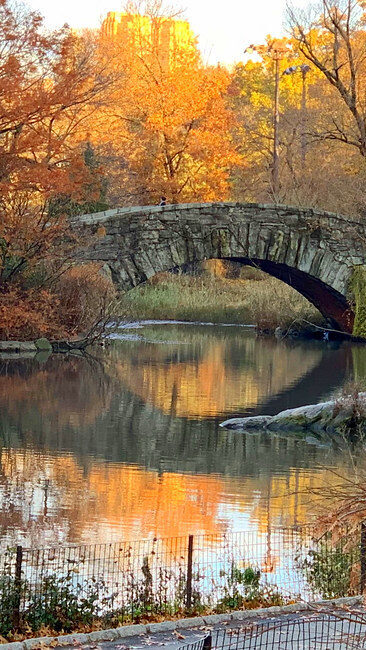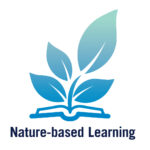Home




What Is Nature-Based Learning?
Spending time in nature allows for multiple benefits such as improved cognitive functioning, increased overall well-being, improved mental and physical health, decreased stress, and increased happiness (Berman, et al., 2008, Finnicum & Zeiger, 1998, Howell, et al., 2011 Ottosson, & Grahn, 2005, Zelenski & Nisbet, 2014). Some institutions of higher education have acknowledged the importance of these benefits and have incorporated nature, or aspects of nature into their building designs, course offerings, residential and orientation programs, field trip offerings, and wellness centers. Unfortunately, not all college students have the chance to experience these types of opportunities. Community college students, especially those in urban areas, may not have access to or available time outside of class to participate in these types of experiences. Community college students often face many struggles and must manage outside responsibilities such as family and employment in addition to their academics (Weiss, et al., 2019). One way to help mitigate some of these challenges while still providing opportunities for students to receive these benefits is for college faculty to embed nature-based learning experiences directly into their courses.
Nature-based learning (NBL) is a recently defined educational approach that has been gaining rapid attention in primary and secondary schools (Chawla, 2018). NBL is described as follows:
Nature-based learning or learning through exposure to nature and nature-based activities, occurs in natural settings and where elements of nature have been brought into built environments, such as plants, animals, and water. It encompasses the acquisition of knowledge, skills, values, attitudes, and behaviors in realms including, but not limited to, academic achievement, personal development, and environmental stewardship. It includes learning about the natural world, but extends to engagement in any subject, skill or interest while in natural surroundings. (Jordan & Chawla, 2019, p. 2).
While there have been numerous benefits of NBL identified with primary and secondary students, including increased well-being, academic achievement, pro-environmental behaviors and attitudes, and improved cognitive functioning (Camasso & Jagannathan, 2018; Chawla, 2018), there is minimal research on the benefits of NBL in higher education, especially at the community college level.
Nature-Based Learning at Guttman
The potential benefits of NBL at Guttman Community College have shown promising results (Kras, 2021a, Kras, 2021b). In addition to supporting course and program learning outcomes, students reported a reduction in stress, enjoyment of the experiences, and increases in self-awareness (Kras, 2021a, Kras, 2021b).
The purpose of this work is to implement and assess NBL across disciplines. The research questions that are guiding our work are How might NBL and classroom-based instruction complement each other? and How does nature exposure impact learning for urban community college students?
For additional information contact Dr. Nicole Kras, [email protected], Associate Professor, Human Services, Guttman Community College



